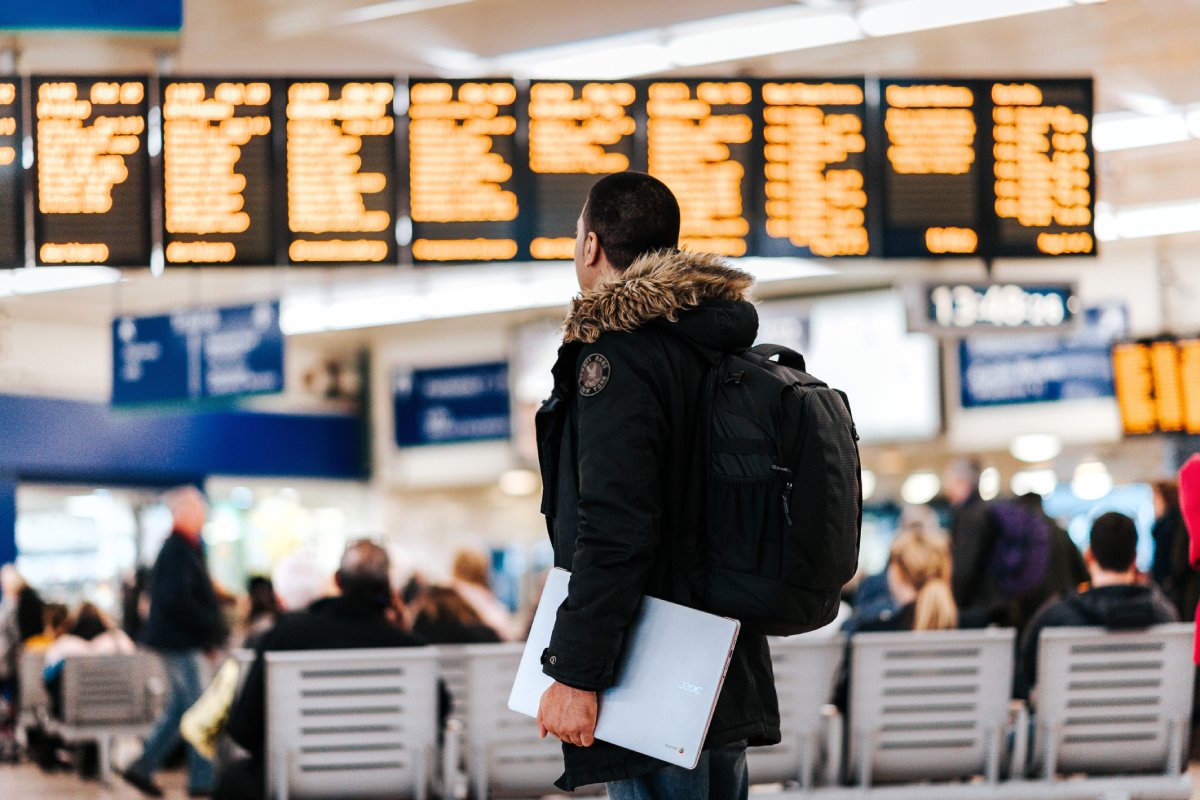Skift Take
Skift has learned that any significant delay or cancellation, regardless of the reason, qualifies for an automatic refund as part of the Department of Transportation’s new consumer protection rules for the airline industry.
After the Biden administration announced it would crack down on junk fees and require automatic refunds, it was unclear how the rules would be enforced and applied to the airline industry.
What penalties would airlines face for not complying with the rules? Who takes the blame when a flight is significantly canceled or delayed?
One of the rules would require airlines to provide passengers with automatic refunds if a flight is significantly delayed or canceled (at least three hours for domestic, six for international). Customers are also eligible for automatic refunds if their checked baggage is delayed or if ancillary services that were paid for are not provided.
Who Gets a Refund?
Any lengthy delay or cancellation is eligible for a refund, regardless of the reason, a DOT spokesperson told Skift. Passengers facing any significant changes to their itinerary can also receive a refund.
These changes include if an airline switches the departure or arrival airport, increases the number of connections or if an airline involuntarily downgrades a passenger. Flyers with disabilities are also eligible for a refund if connections at different airports are less accessible or if airlines use a plane that is less accessible.
However, if passengers face a significant delay or cancellation for a flight that ultimately gets rebooked, then they cannot receive an automatic refund.
How Will These Rules Be Enforced?
The spokesperson said the rules have different timetables, but will start to take effect in six months.
Airlines that violate these rules are also subject to a fine of up to $41,577 for each violation.
The DOT spokesperson said passengers could report complaints to the federal government. The DOT is also going to monitor how well airlines are adhering to the rules through its own investigations, which include checking airlines’ websites and other materials from airlines and ticketing agents.
The department could also learn of any violations through inspections of airports and airline headquarters, or referrals from other government agencies like the State Attorneys General consumer protection offices.
Airlines Push Back
American Airlines CEO Robert Isom said the rule on automatic refunds had some “gray” areas during a call with analysts on Thursday.
“There’s a lot of parties that are involved with air transportation,” Isom said. “We control a lot of it. We certainly don’t control the weather, but we also depend on the FAA for aircraft control, not just in the short run, but in the long run as well. We have to make the right decisions for our customers.”
The airline industry has been critical of the new rules since their rollout. Previously, Airlines for America, which represents some of the largest airlines, said the industry already offers consumers plenty of choices.
Now, the trade group is taking a harsher tone.
“Unnecessary regulatory rules issued without collaboration will lead to three things: confusion for consumers, reduction in choice and a decline in competition which historically drives up prices,” A4A said in a statement. “Very simply put, a one-size-fits-all approach is anticompetitive and anti-consumer.”
“The Administration is making air travel more expensive for all Americans, including those who can least afford any kind of increase,” A4A added.
A4A also said it would like to see the DOT resolve the ongoing air traffic controller shortage.
“We encourage the DOT to focus on hiring and training initiatives that are desperately needed to help get qualified, trained controllers into the towers, especially amid record travel,” the trade group said.
Airlines Sector Stock Index Performance Year-to-Date
What am I looking at? The performance of airline sector stocks within the ST200. The index includes companies publicly traded across global markets including network carriers, low-cost carriers, and other related companies.
The Skift Travel 200 (ST200) combines the financial performance of nearly 200 travel companies worth more than a trillion dollars into a single number. See more airlines sector financial performance.
Read the full methodology behind the Skift Travel 200.

